If you are a property owner or you are thinking of buying a property, you may have questions about rights of way. This could be the right of way to your home across a neighbour’s land or a right of way across your property that is used by your neighbour. We take a look at right of way property owner rights and how to deal with any difficulties you may encounter.
At Lockings Solicitors, our rights of way lawyers have wide experience in dealing with property issues, including complex right of way disputes. If you are concerned about the legal position relating to a road or pathway, we will be happy to help.
If you are involved in a right of way dispute, it is advisable to try and resolve matters promptly. Over time, a situation can deteriorate and positions can become entrenched. By tackling the situation early on, it is often possible to deal with matters relatively amicably.
Call us on 01482 300 200, email us at welcome@lockings.co.uk or fill in our Free Online Enquiry and we will call you back promptly. We have offices in Beverley, Hull and York and represent clients across the UK and abroad if the matter relates to English property and estates.
A right of way is a type of easement or right exercised over land or property by someone other than the owner – generally the owner of neighbouring land.
Property rights of way exist to give someone the authority to cross land that does not belong to them. This could be on foot or in a vehicle.
The right can arise in three main ways:
Private rights of way are generally limited to the individuals who have a need to use them, for example, the owner of a neighbouring property.
Public rights of way are different, with everyone allowed to use them. They cannot generally be changed unless there has been a public consultation and a legal order is made.
An express right of way will be set out in a legal deed and will often be recorded against the title to both properties in the Land Registry’s records.
They are commonly created when land is divided into plots and one is sold while the other is retained. One or both plot owners may need access to their property across the other’s land. A deed is drawn up to give this legal right.
When the change of ownership of the land is registered at the Land Registry, the right of way should also be registered. If it is not, the right can be lost when the property across which the road or path runs is sold, unless:
A prescriptive right of way arises when someone has used the right of way over neighbouring land for at least 20 years, provided this has been done openly, without force and without permission.
If you want to rely on a prescriptive right of way, you will need to provide evidence that the right of way exists and make a statement with details of the usage.
You can ask the Land Registry to register a prescriptive right of way. They will notify the landowner, who will have the opportunity to raise an objection.
There is also the option to purchase indemnity insurance, if this type of right of way is an issue on sale or mortgage of a property. This is an insurance policy that would give you cover, should you or a future owner lose the ability to use the road or path.
An implied right of way exists if there is no other way to access a property, making it a necessity to use the road or path to reach the land from the public highway.
Disputes over property rights of way can be stressful and disruptive and are best dealt with promptly before the situation escalates. They can be particularly difficult if you are thinking of selling your property, as a buyer and their mortgage lender are likely to want the situation resolved before going ahead with the purchase.
It can also be problematic if you are being hindered from accessing your land, for example, if the way has been blocked, gated or made narrower.
Similarly, if you own land with a right of way over it, you may be experiencing difficulties with inappropriate use, such as parking or the causing of damage or you may dispute the existence of a right of way. Disagreements can also arise over maintenance and repairs to a road or track.
If you are not able to discuss the situation and reach a solution with your neighbour, you are advised to speak to an expert right of way solicitor as soon as possible. If you ask us to help you, we will start by looking at the legal position to establish whether a right exists.
We will look at the title deeds and any other documents that exist as well as plans and evidence of historic use. We can discuss whether there is anyone who can support your position and, where necessary, we can have the property examined by a surveyor.
We can negotiate on your behalf with your neighbour’s solicitor to try and resolve matters. If this is not possible, we can discuss alternative dispute resolution, which is often preferable to litigation. Options include mediation and arbitration.
Where necessary, we can prepare a case for court and ensure that you have expert representation.
If an established right of way exists, it can be difficult to eliminate this. The main option is to agree with the other party to end a right of way and for both of you to enter into a formal deed of release.
Even if a right of way is not used for many years, it will still generally be held to exist.
If you are dealing with a right of way problem and you need legal advice, we will be happy to help.
Call us on 01482 300 200, email us at welcome@lockings.co.uk or fill in our Free Online Enquiry and we will call you back promptly. We have offices in Beverley, Hull and York and represent clients across the UK and abroad if the matter relates to English property and estates.









If you are a customer of Lockings Solicitors and we have contracted with you online you may be entitled to use the EU Online Dispute Resolution (ODR) Platform to assist in resolving any dispute with us. This service can be found at https://ec.europa.eu/odr.
Our email address is welcome@lockings.co.uk
Lockings Solicitors is a trading name of Lockings Legal Services Limited registered in England and Wales company registration number 09244568. Lockings Legal Services Limited is authorised and regulated by the Solicitors Regulation Authority (Main Office SRA ID number 626081). A list of our directors is available for inspection at all our offices. Use the following link https://www.sra.org.uk/solicitors/standards-regulations/
for online access to the current professional rules applicable to solicitors. All calls are recorded for training and quality purposes.
The content on this website is for information only and is not intended to provide specific legal advice to a particular case. Should you require legal advice in relation to your particular situation then please do not hesitate to contact us.
VAT Number: 282 2447 58
Privacy Policy And Cookies | Accessibility | Terms & Conditions | Complaints Procedure
Copyright © 2023 Locking Solicitors, All Rights Reserved.